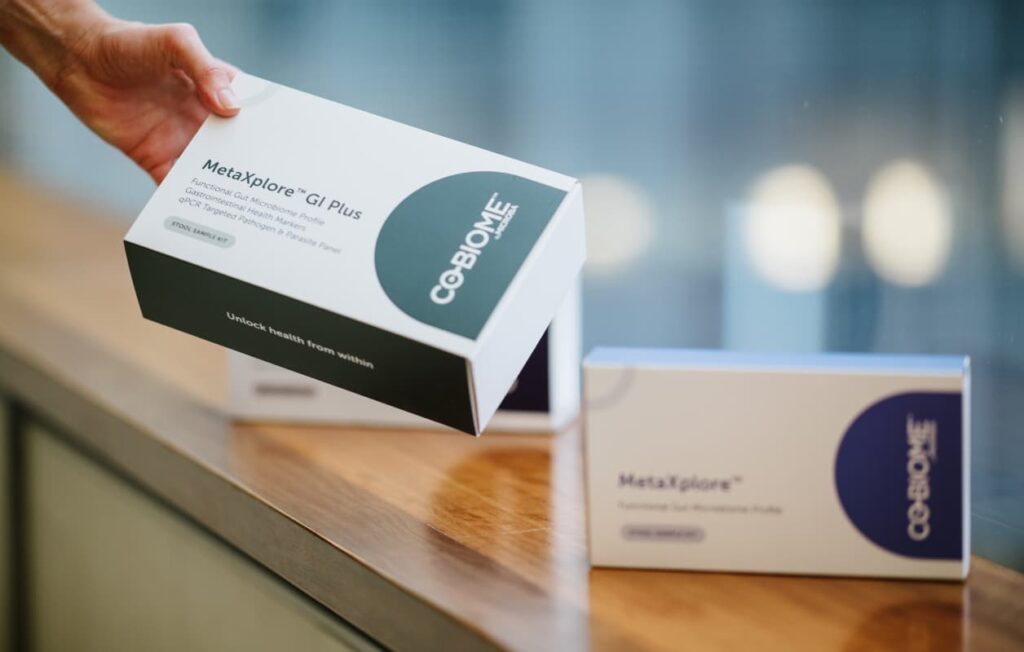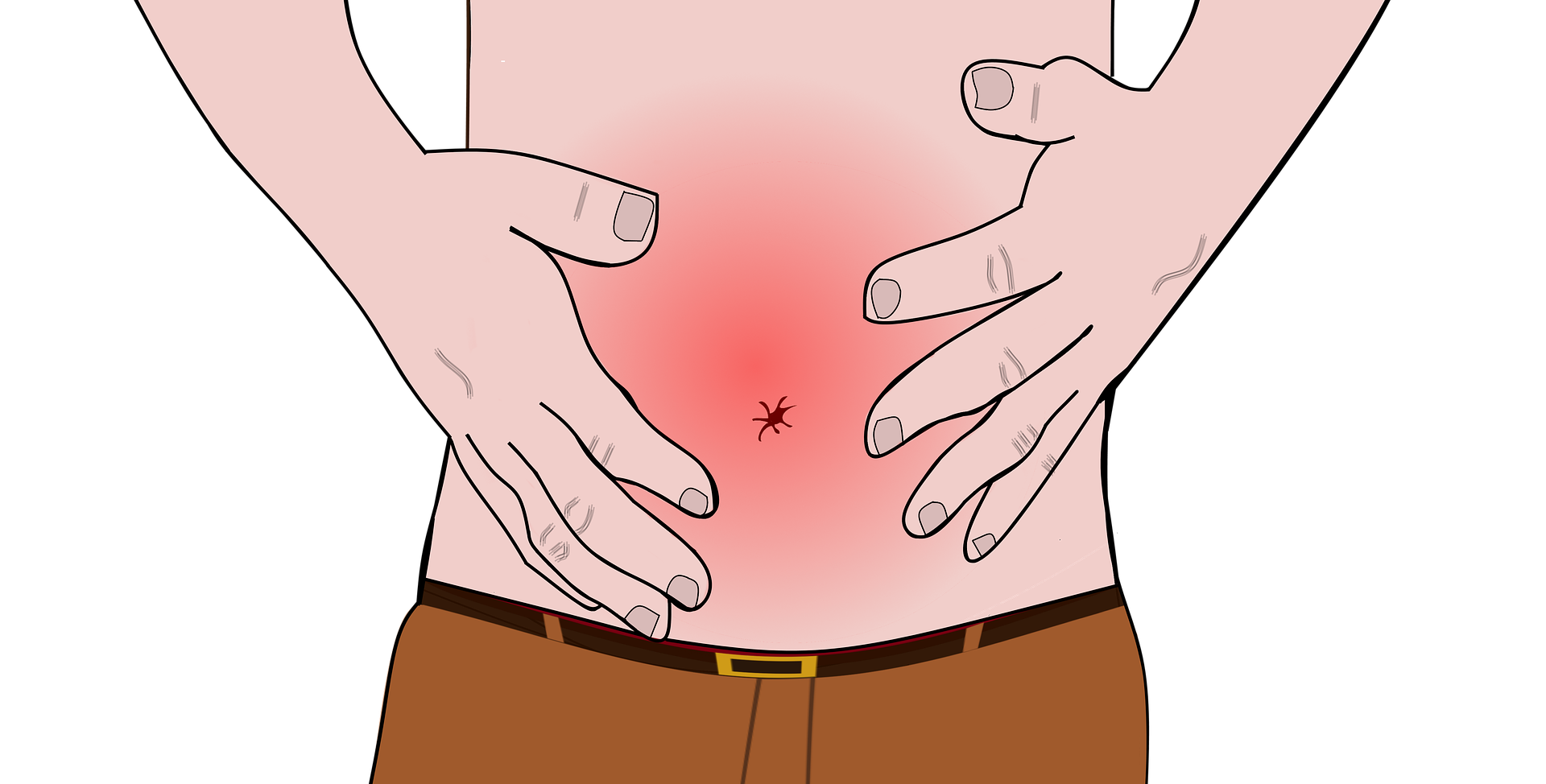Our colon (the large bowel) has an enormously diverse number of healthy bacteria. Like us, they are living. These very live and operating healthy bacteria require fuel, much the same as we require fuel (food) to live, notably prebiotics.
What do they eat?
The preferred fuel source of our healthy friends are called indigestible carbohydrates known as prebiotic fibres to undertake the vast array and very important roles they play in our health.
What do they do for us?
Our healthy bacteria are responsible for regulating the immune system, metabolism, energy production and much more.
It is important to ensure we are consuming enough prebiotic fibres from our food to sustain our friendly colonic bacteria. Because, let’s face it, without them and their health, we would be sick, tired and lethargic and that is just the beginning. Unfortunately, many of those who presented to clinic have already reached the sick, tired, and lethargic stage and require supportive treatments to reorganise, rebuild and repopulate their healthy bacteria.
Why are prebiotics considered indigestible?
- They are resistant to the acid and enzymes found in our stomach.
- They are fermented by our healthy bacteria (as their food and energy source).
- They become a source of fuel to help the healthy bacteria grow and produce the materials. required to keep us healthy and happy.
What is Guar Gum?
Guar gum is a prebiotic fibre that is popular in many packaged food items and baked goods. In these food forms, guar gum may not offer its full nutritional potential. However, on its own guar gum is seen as a gut friendly ingredient that feeds our little gut ‘besties’.
What are the benefits of Guar Gum?
This gum is tasteless, odourless and helps to improve toileting habits. It does this by increasing the bulk of the stool, drawing in water and reducing the straining that often accompanies constipation. Guar gum has been praised for its positive effects in Irritable Bowel Syndrome (IBS) and other digestive complaints such as gas, bloating and discomfort thanks largely to its prebiotics properties.
Some popular dietary fibres have demonstrated risks for nutrient absorption. Guar gum however, has not shown the same risks and is therefore suitable for those suffering from iron, zinc and calcium deficiencies under the care of a health professional.
Simple use tips
You can add Guar gum to smoothies or protein shakes to make them like thick shakes or play around with the quantities to blend protein powder and water into a mousse. You may also like to thicken home-made soups, stir fry sauces or salad dressings.

Co-Biome™ MetaXplore™ GI Plus Testing + Consultation
Price includes MetaXplore™ GI Plus Testing Kit, Results and Consultation
Co-Biome™ MetaXplore™ GI Plus Testing is applauded for being the most comprehensive microbiome test available.
Your gut is a complex place with a complex network of microbes. Your unique microbial population have the potential to influence your health in both positive and negative ways, depending on the balance and density of various types of bacteria.
Using Co-Biome™’s unmatched technology, we gain insight into the whole microbiome picture. You and your practitioner are given the upper hand to be able to respond to the environment and provide microbial balance for improved health.
This simple, non-invasive, home Co-Biome™ MetaXplore™ GI Plus test takes the guess work out of digestive function and total body flow on effects.
Consultations are available via Telehealth or In-Clinic.



